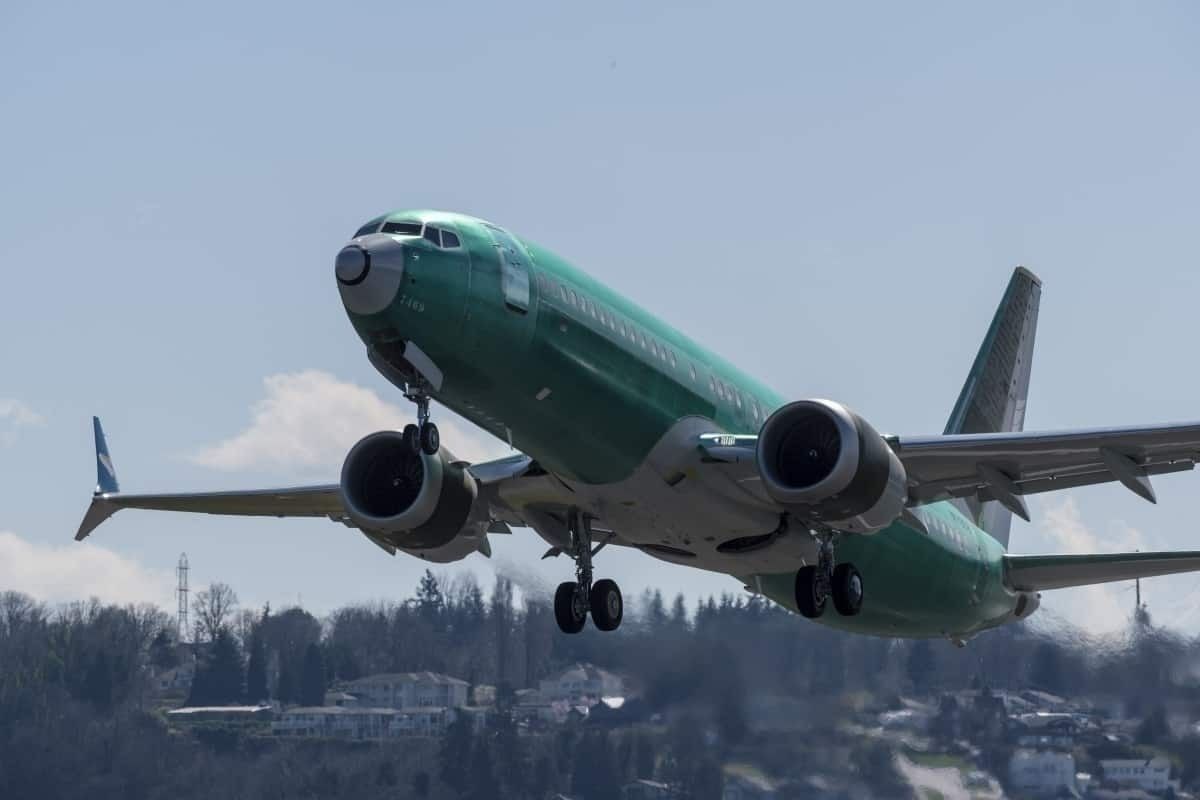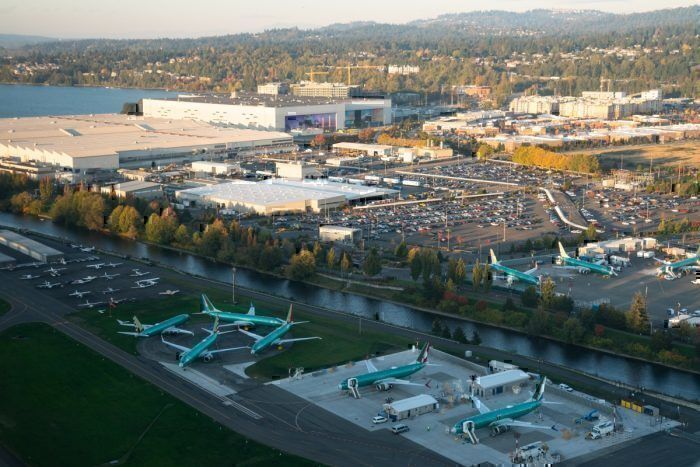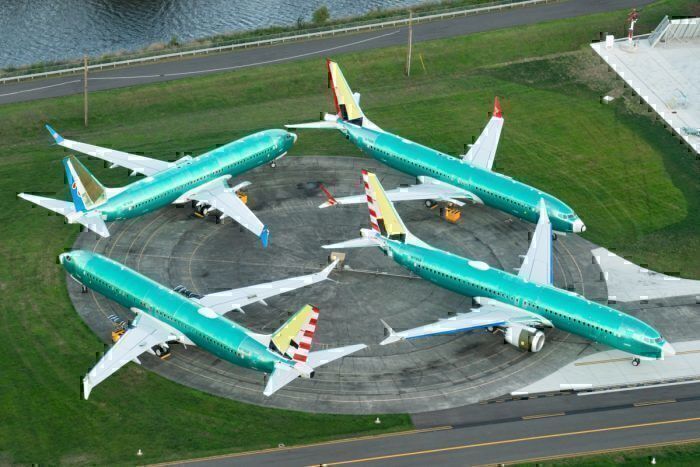The long-running trade dispute between the EU and the US has taken another turn this week as Boeing has reportedly asked for its tax breaks to be removed. The tax breaks, worth an estimated $1bn to Boeing since 2004, could be suspended in a bid to prevent the EU from slapping retaliatory tariffs on imported US goods.
Boeing’s $100m tax break to be suspended
The long-running dispute between the US and the EU over alleged subsidies to Airbus and Boeing has undergone a new twist today. Yesterday, Washington state lawmakers moved to remove a key tax break for Boeing in a bid to head off anticipated European tariffs on US goods. The move is expected to somewhat ease the ongoing dispute too.
Just last week, the US toughened its own tariffs levied on Airbus aircraft imported to the US. That followed a win with the World Trade Organization (WTO) last year which sought to penalize the EU over subsidies paid to Airbus. The WTO approval allowed the US to slap levies ion some $7.5bn worth of good being imported from the EU, including tariffs of 10% on Airbus aircraft. This was raised just last week to 15%.
This tit for tat argument is not done yet, as the EU also has its own case in front of the WTO. It is fully expected to win approval to levy similar tariffs on US imported goods when the case is heard in the spring.
The tax break Boeing receives is estimated to be worth approximately $100m a year, according to the Financial Times. However, CNBC reports that, in 2018, the tax break saved Boeing more than $200m overall. Since 2004, the breaks are thought to have saved Boeing upwards of a billion dollars.
Boeing asked for the suspension
While it may seem like Boeing is going to be losing out with this tax break, the fact that the US planemaker actually asked for the suspension is telling. The planemaker hopes that, if the tax break is removed, it will avoid the EU levying its own retaliatory tariffs on Boeing built aircraft later in the year, something which could pose a risk to the successful return to service of the 737 MAX.
If the tax breaks are indeed removed, then Brussels would have little argument left in regard to illegal state aid to Boeing. According to the Financial Times, Jay Inslee, Washington governor, said that Boeing asked for the tax breaks to be “at least suspended”. This would still allow the EU to impose tariffs, but it is hoped it would defuse the situation somewhat.
Speaking at Airbus’ recent earnings release, Guillaume Faury, the CEO, noted that the tariffs were important to Airbus in order to “rebalance the situation”. However, he also noted that the really beneficial outcome would be if the whole situation just went away. Speaking at the earnings conference call, Faury said,
“This will be the moment where we will be able to, in our perspective, come to the table of negotiation and put these behind us, because honestly, it's nonsense and it's a lose-lose situation that is just slowing down the industry … We think 2020 is the year to put this behind us and move forward as an industry with good competition and no tariffs.”
The move by Boeing to defuse the situation is a great sign. Although the 15-year trade war is likely to persist for a little longer, with any luck Faury’s prediction will come true and 2020 will be the year the aviation industry can move on.



